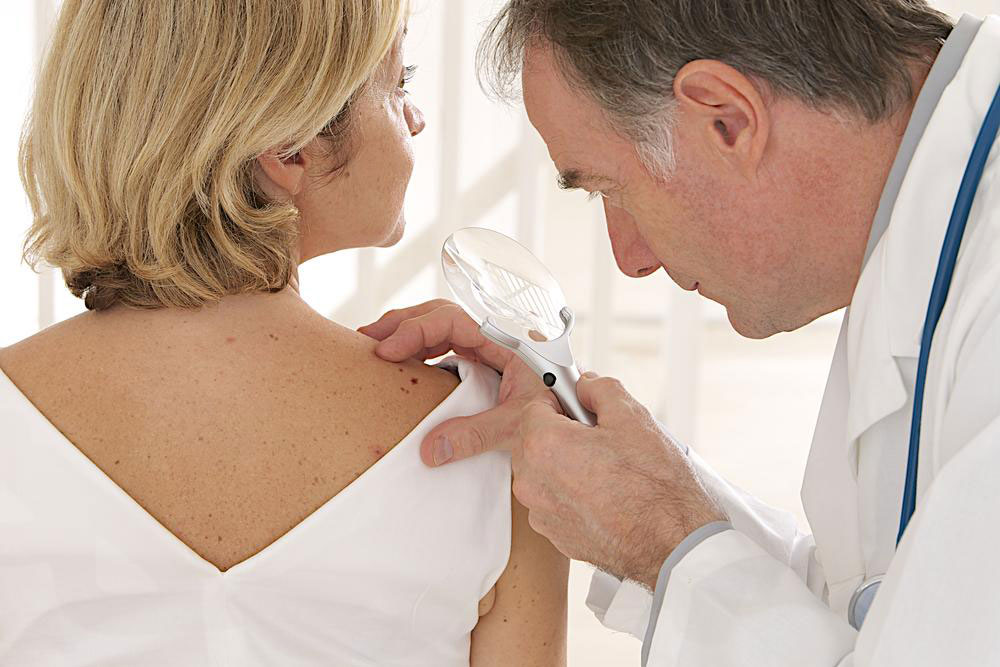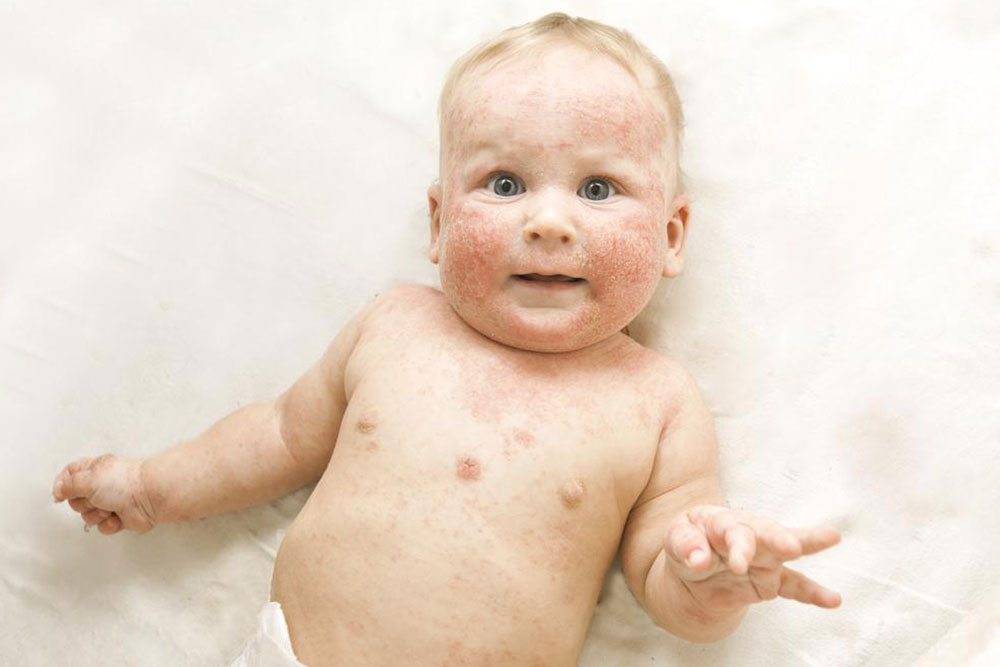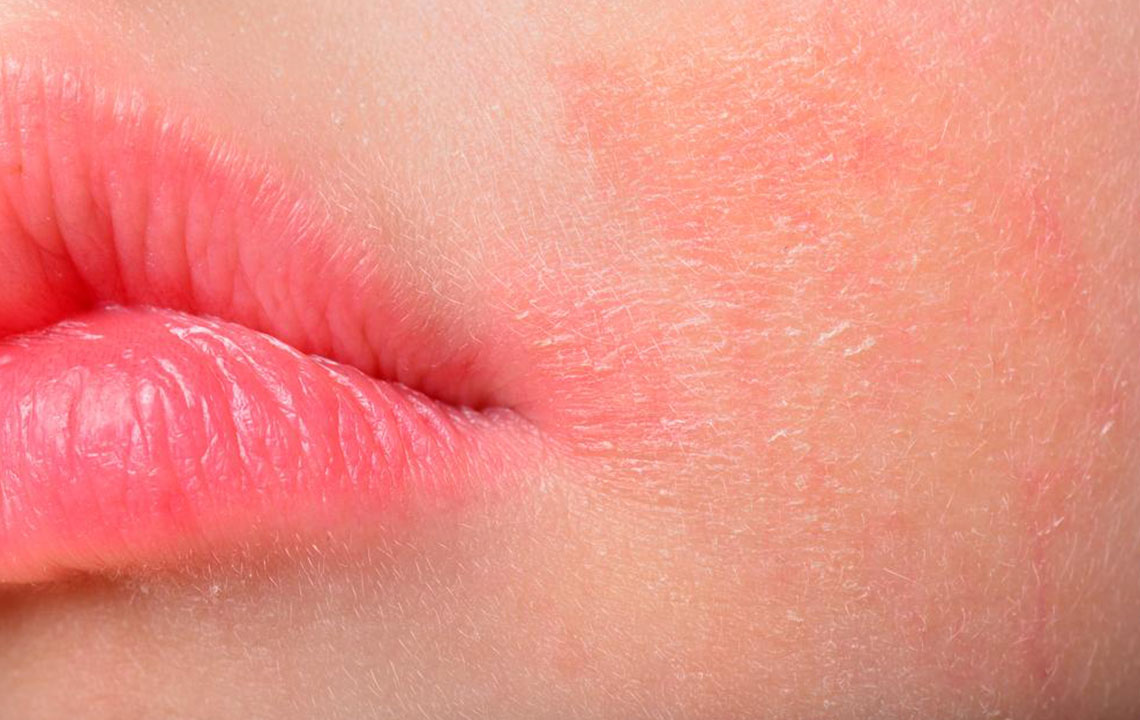Top 5 Strategies to Manage Atopic Dermatitis Effectively
Discover effective strategies to manage atopic dermatitis, including home remedies, preventive measures, and medical treatments. Learn how to control symptoms like itching, skin inflammation, and rashes to improve skin health. Consulting healthcare professionals is essential for persistent or severe cases and to find the most suitable treatment plan.

Top 5 Strategies to Manage Atopic Dermatitis Effectively
Atopic dermatitis is a chronic skin condition characterized by inflammation, redness, itchiness, cracking, and swelling. While it is commonly seen in children, adults can also be affected. The condition often begins early in life and tends to worsen with age, leading to thickened and oozing rashes over time.
Although there is no cure for atopic dermatitis, various treatment options can alleviate symptoms such as intense itching, skin infections, and dry patches. Proper management can also prevent new lesions from developing. Simple home remedies are often beneficial in controlling symptoms, as outlined below:
Using barrier-repair moisturizers like thick creams or petroleum jelly helps to lock in moisture and prevents skin from drying out. Regular application is recommended for best results.
Preventative measures include taking lukewarm baths instead of hot ones, avoiding harsh soaps and detergents that may trigger rashes, and refraining from scratching the affected areas.
For more severe cases, doctors may recommend the following treatments based on the rash intensity:
Large-area rashes may require high-potency topical steroids or oral corticosteroids, especially if infections are present.
Phototherapy or PUVA (psoralen with ultraviolet light therapy), with or without medications, can be effective for persistent symptoms.
In resistant cases, adults might receive treatments like interferon or cyclosporine to modulate the immune response.
Antihistamines are frequently prescribed to help reduce itching.
Application of wet dressings combined with topical steroids can assist in soothing affected skin areas.
If symptoms persist despite home care, consulting a healthcare professional promptly is advised.










